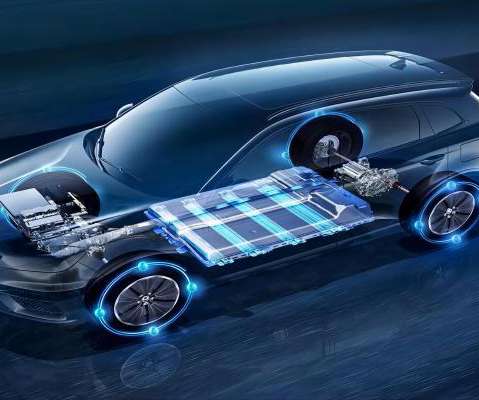Industry study finds lead-acid to remain most wide-spread automotive energy storage for foreseeable future; new chemistries continue to grow
Green Car Congress
MAY 28, 2014
Overview of the three vehicle classes identified in the study, and their corresponding battery technologies. In any automotive application, regulatory decisions to phase out established battery technologies would impact negatively on overall vehicle performance and cost, according to the report. Click to enlarge.















Let's personalize your content